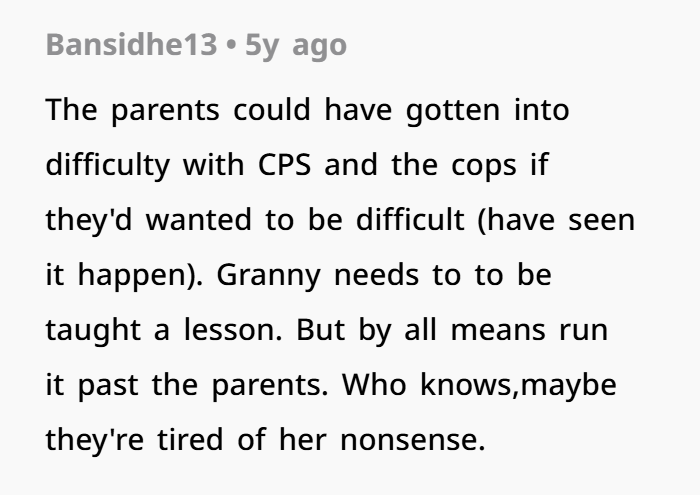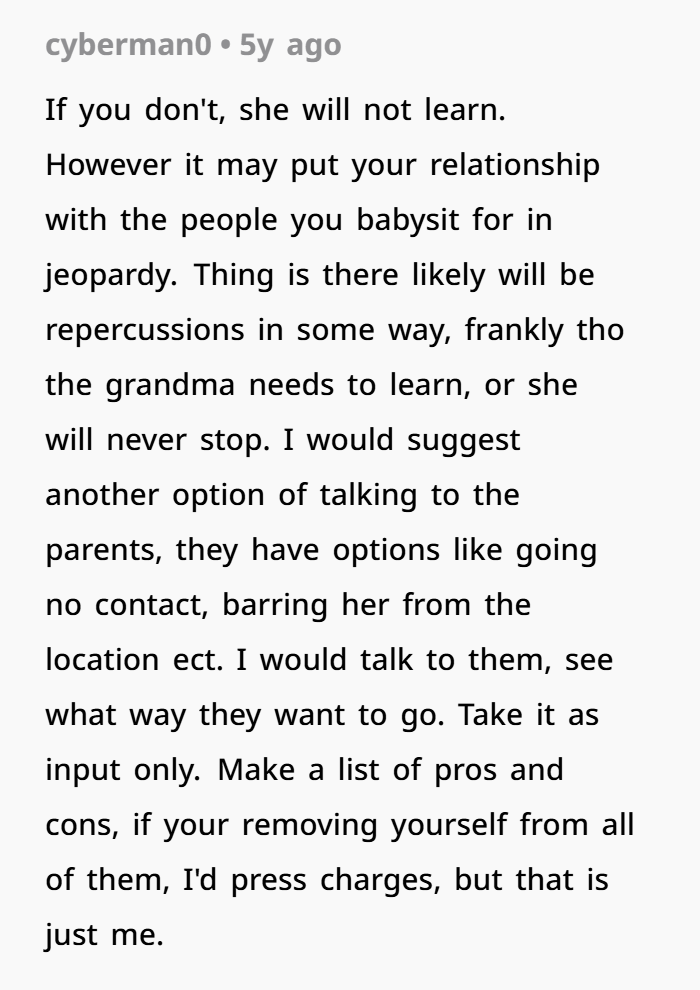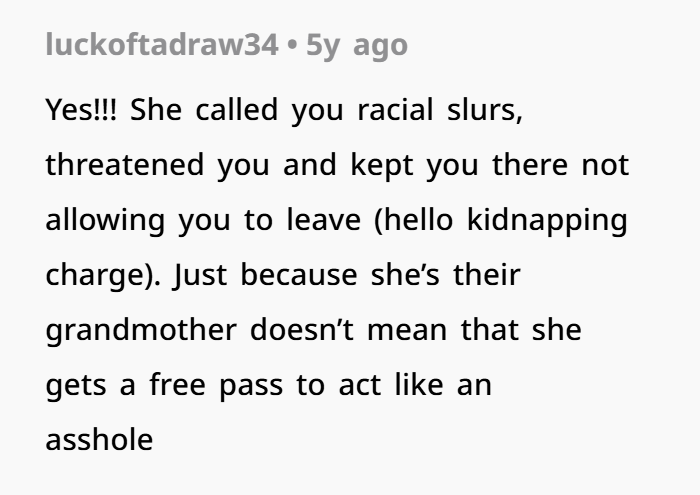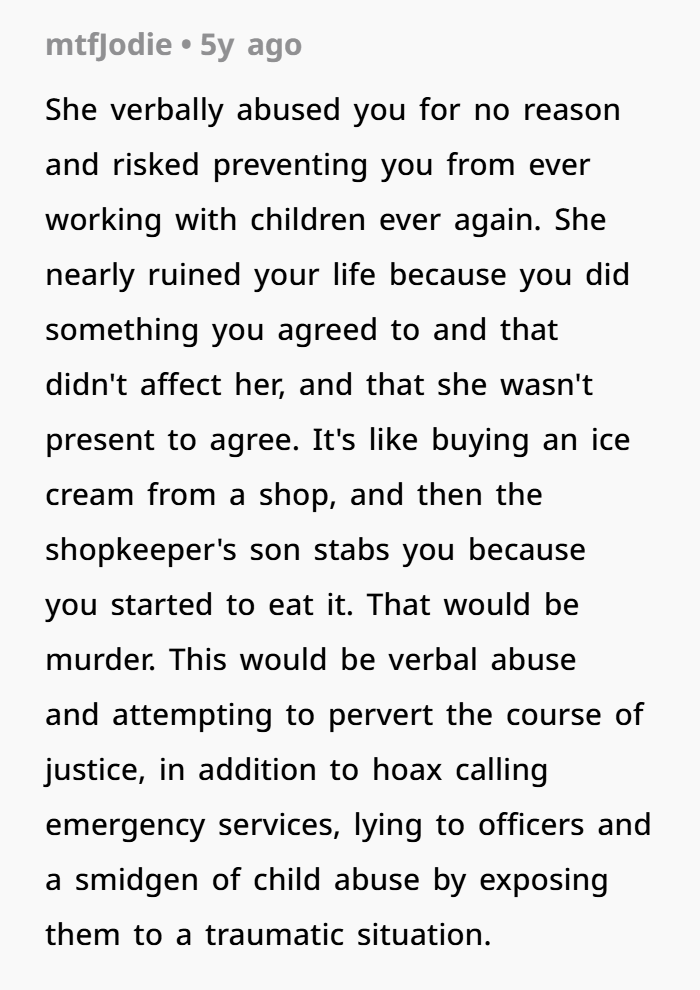Babysitter Accused of Child Abuse for Temporary Pink Hair Dye by Outraged Grandma
In this intense and emotionally charged Reddit story, a 21-year-old babysitter recounts a harrowing encounter with a notoriously difficult grandmother—nicknamed “Grandma Karen.” The babysitter, who had been caring for two young girls (ages 3 and 5) with full parental approval, recounts a day of light-hearted, kid-friendly fashion play that included temporary pink hair dye. What was meant to be a fun, creative evening turned into a nightmare when the grandmother arrived unannounced, saw the dyed hair, and launched into a wild, verbally abusive tirade.
The situation escalated quickly. Despite repeated assurances that the dye was safe, approved, and temporary, Grandma Karen accused the babysitter of child abuse and even assault, going so far as to call the police and Child Protective Services (CPS). The babysitter was verbally assaulted, racially insulted, and held in a state of distress for nearly half an hour. Thankfully, the parents arrived just as police and CPS got involved, immediately defended the babysitter, and expressed horror and remorse over their mother’s actions. The night ended in tears—but also with doubled pay and glittering hair.
The babysitter decided to give the girls they were looking after a makeover and dyed their hair pink
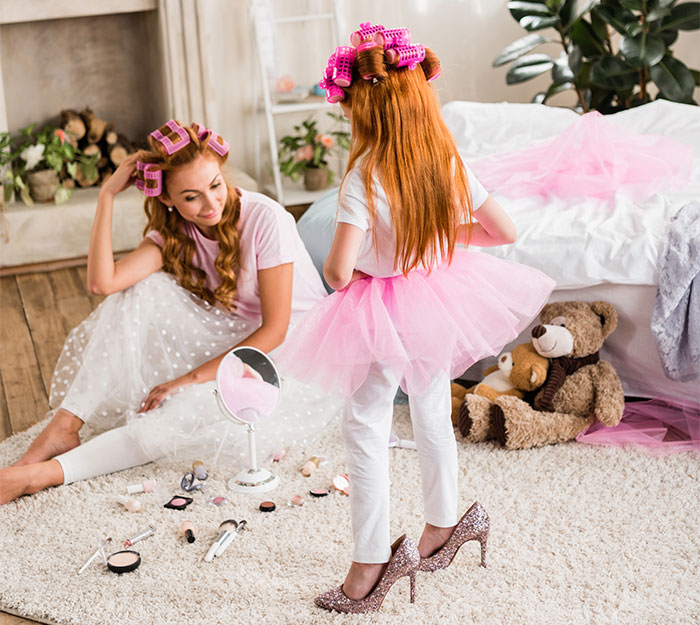
However, when their grandma saw it, she was furious and reported the babysitter to the police and CPS
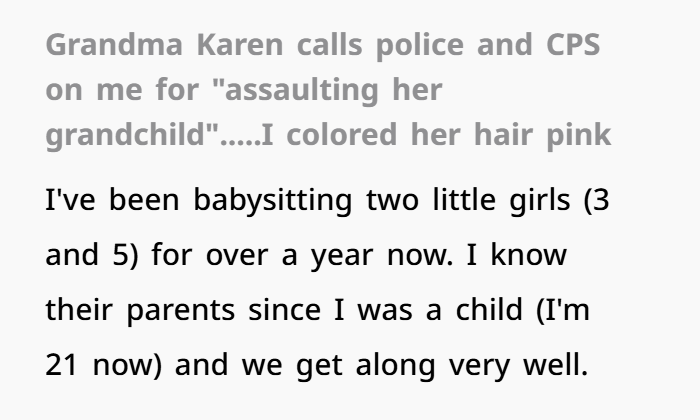
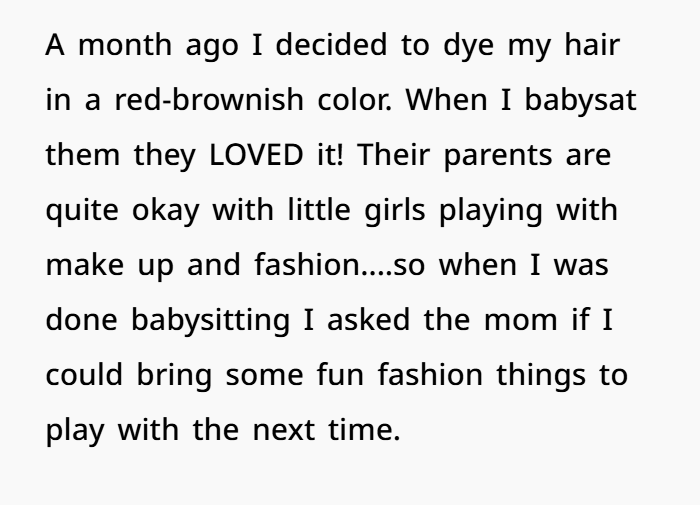
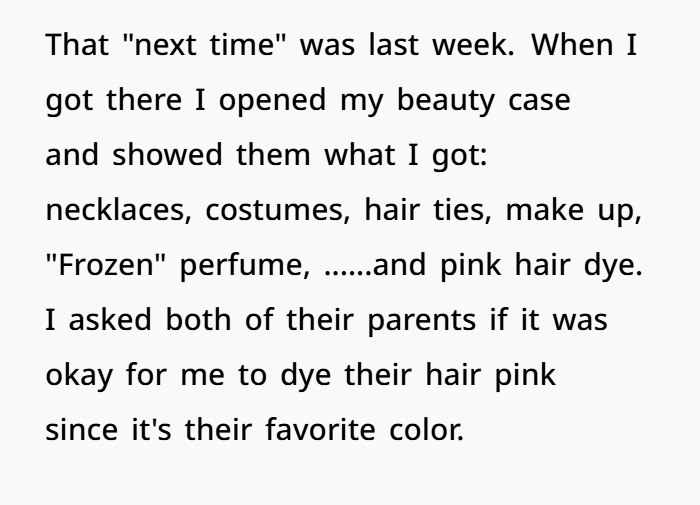
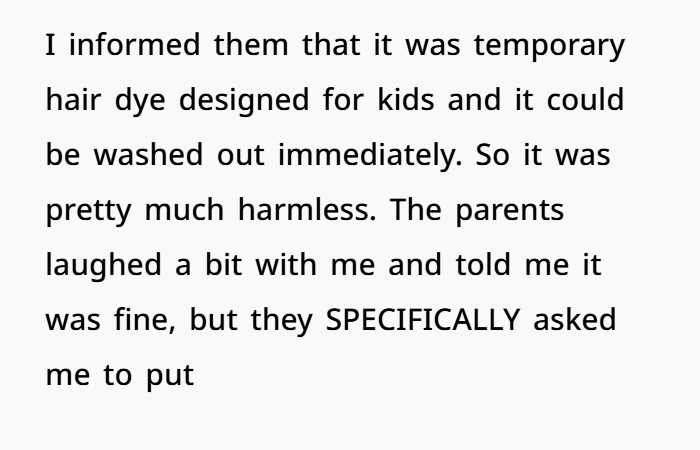
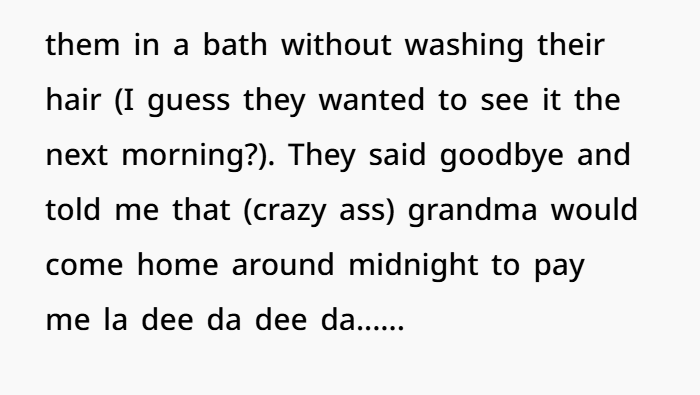
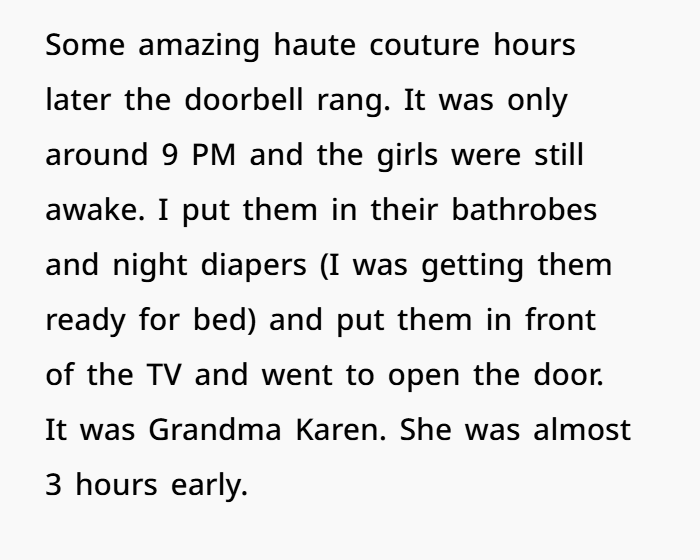
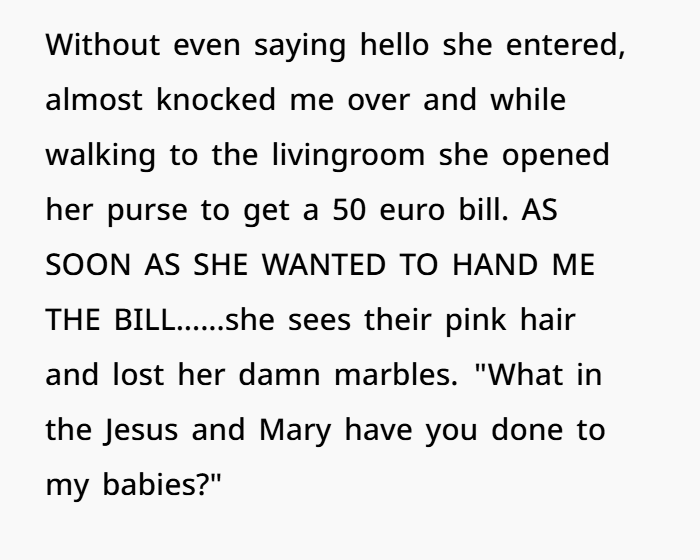
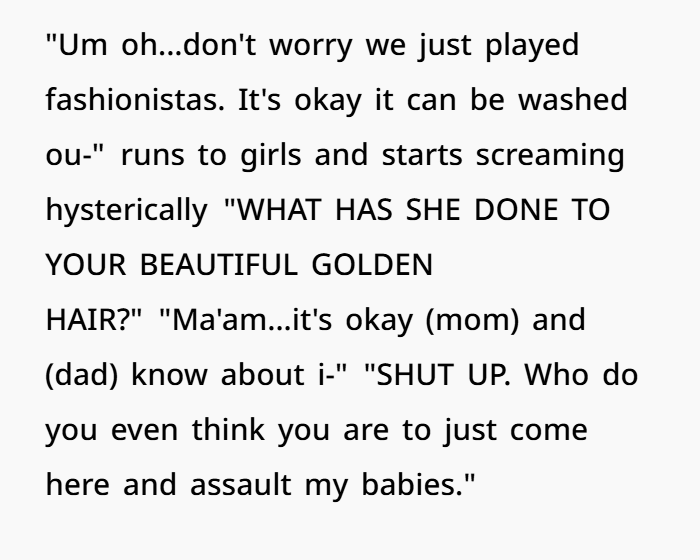
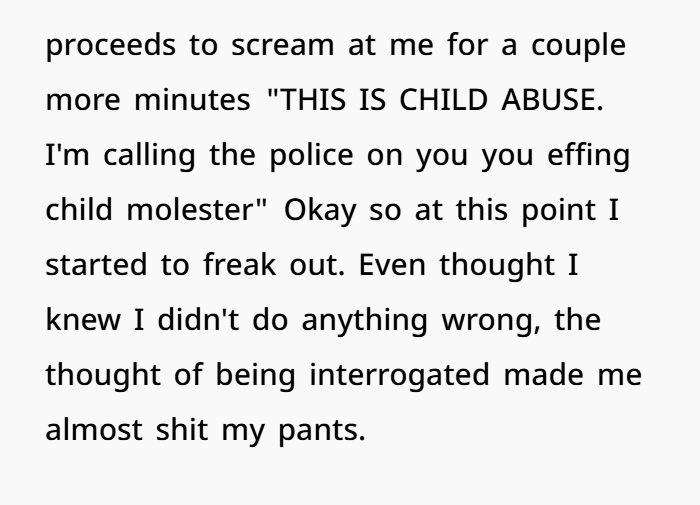
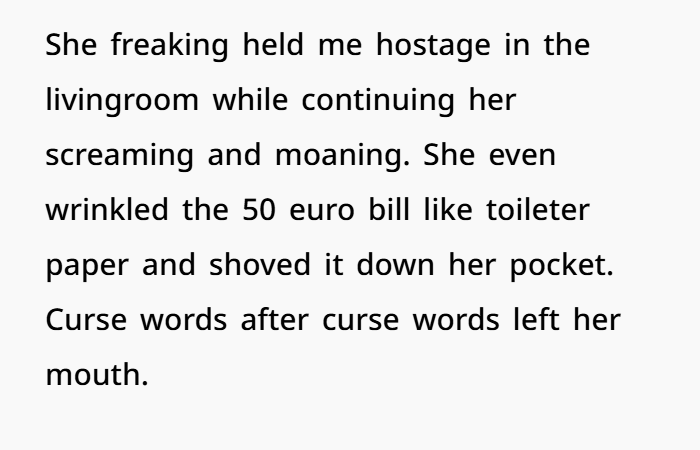

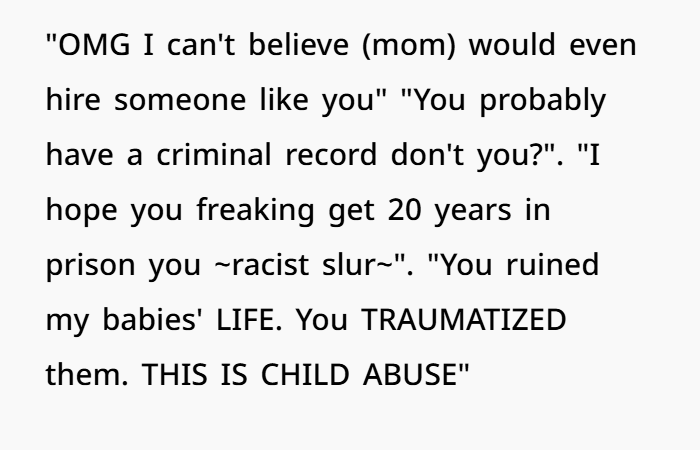
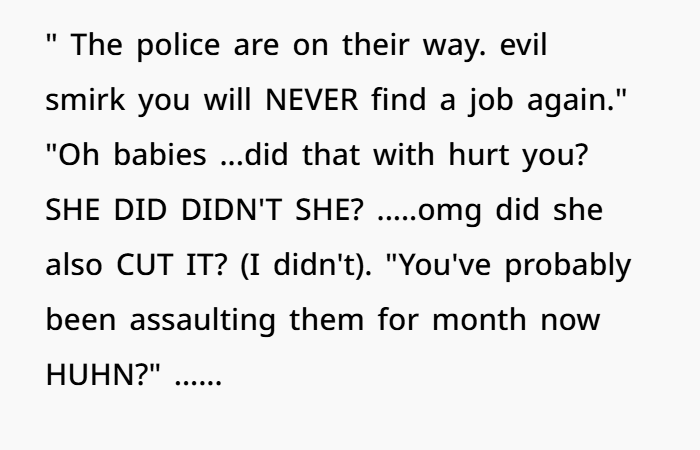
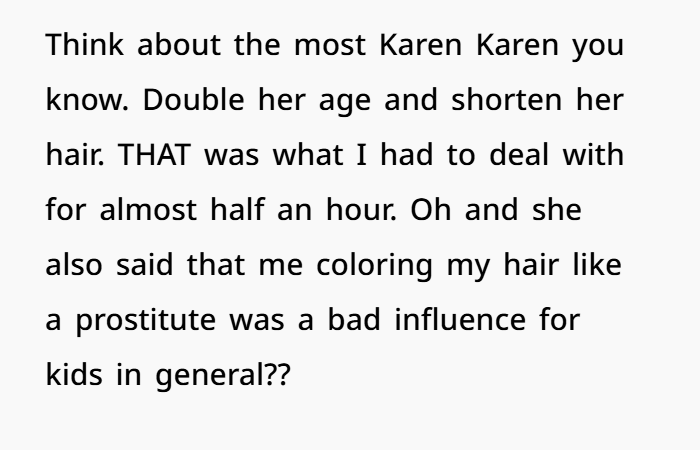
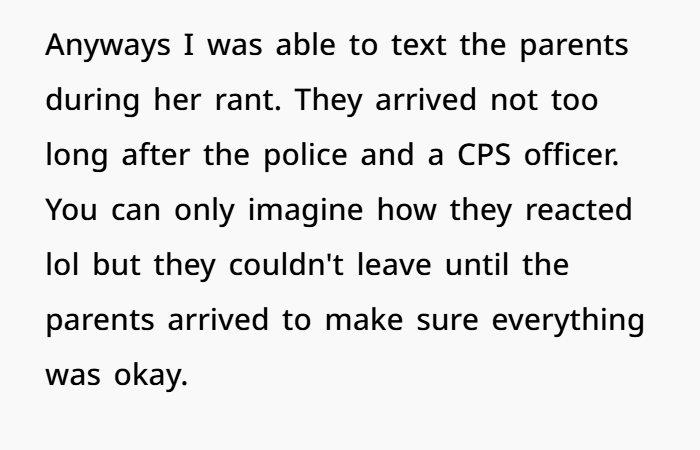
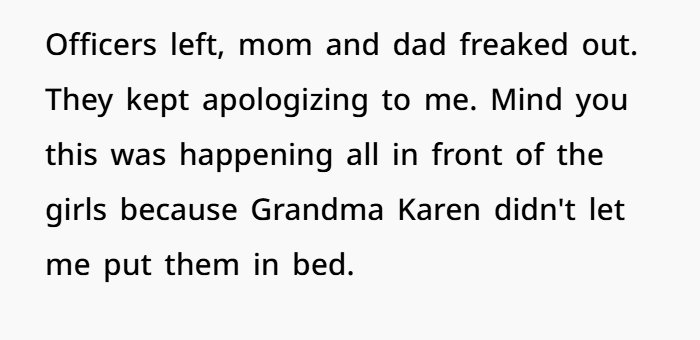
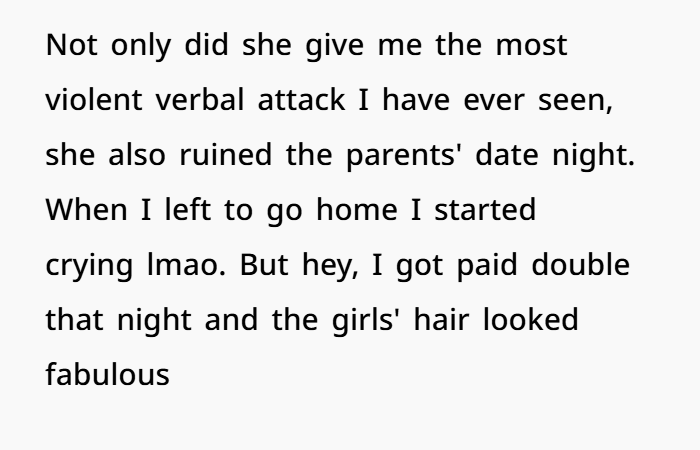
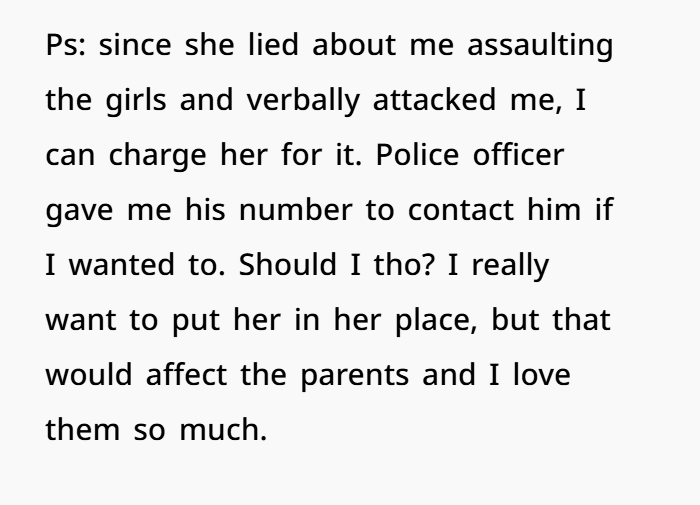
From a legal standpoint, the babysitter did nothing wrong. Consent for temporary cosmetic play was explicitly given by both parents, and the dye used was safe and designed for children. In contrast, Grandma Karen’s actions could potentially be categorized as false reporting to authorities, verbal harassment, and possibly unlawful detainment, depending on jurisdiction.
In most states and EU countries, making a knowingly false claim to law enforcement—especially when it involves accusations as serious as child assault—can carry legal consequences. For instance, under California Penal Code §148.5, filing a false police report is a misdemeanor. Similarly, verbally abusing someone with racial slurs can be considered a hate incident or even hate speech under certain statutes, particularly if it affects the target’s wellbeing or employment opportunities.
On the ethical side, Grandma Karen’s interference not only disrespected the parents’ explicit wishes but traumatized the children by causing a loud, hostile scene. According to child psychology experts, exposing young children to screaming confrontations—especially those involving accusations and adult conflict—can result in stress responses, sleep disturbances, and long-term trust issues with caregivers.
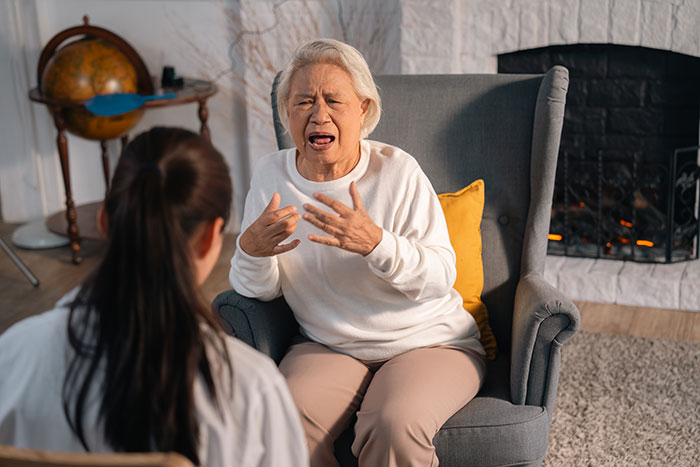
While the babysitter could pursue legal action or press charges, the decision hinges on the long-term impact on her relationship with the parents and the children. In similar real-world cases—like the infamous “Valley babysitter defamation suit” (2018, Arizona)—caregivers have won damages after being falsely accused by a third party, especially when career prospects were harmed.
Ultimately, this story touches on themes of misplaced authority, family dysfunction, and the precarious role of young caregivers in private homes. It serves as a cautionary tale not just about overbearing relatives, but about the importance of documentation, consent, and emotional resilience in caregiving roles.
After the incident, readers encouraged the babysitter to report the grandmother to the police in return
